Petition to Chapel Hill Town Council re Bus Service Improvements
To: Chapel Hill Town Council
From: David Adams and Julie McClintock, CHALT
Subject: Chapel Hill Transit
Date: February 13. 2019
Part I
I am David Adams. Julie McClintock and I are here to speak on behalf of Affordable Transit for All – a coalition of Durham and Orange County groups, including CHALT, Orange County Voice and the Chapel Hill families in Durham who are impacted by the rail corridor and the ROMF rail yard facility.
Before introducing our petition tonight, we’d like to thank you for asking GoTriangle to correct their Transit Oriented Development Handbook so the growth projects and costs are more in line with Chapel Hill’s expectations.
As you know, Orange County is expecting another new transit plan from GoTriangle in the next few weeks. This last happened in 2017, when the project costs exploded from $1.4 to 3.3 billion dollars. Orange County’s share went from $80 million to $310 million, including debt.
Now, because of problems with downtown Durham, Duke and private investors, light rail is looking at ways to pay for hundreds of millions of dollars in new costs and contingency – all falling to Durham and Orange Counties. Private investors have withdrawn their support creating another funding gap that must be met by April according to state law, if the project is to receive any state funding at all.
Since the new plan has not yet been issued, it’s unclear how these changes will impact the project costs or debt, or what will be expected or requested of Durham and Orange taxpayers. But we want the town to be prepared to tell the Commissioners about the true Chapel Hill transit needs when those negotiation begin in earnest.
GoTriangle is anticipating a windfall in sales tax revenues, and wants to use that money for light rail. There will be more sales taxes because online sales and basic services are now taxable throughout the state. Next year, when Wegman’s is built, it will create even more money for light rail.
As you know Chapel Hill Transit is facing serious funding shortfalls, and there is a funding gap of $6 – 10 million dollars for MLK Bus Rapid Transit . You are all aware of the tight Chapel Hill Transit budgets and how bus service has been constrained by increasing costs, an aging bus fleet and some reductions in routes. Unfortunately our transit partners (Durham and GoTriangle) voted to pull back transit tax funding for the local portion of MLK BRT, and there’s only 1000 hours left for service expansion.
- Therefore we are petitioning the Council tonight to ask the staff to evaluate the need for more bus service hours and to make a robust request for a larger allocation of the transit sales taxes to Chapel Hill Transit – especially if more sales taxes are available. With a bigger bite of the sales tax revenue, we could move forward with MLK BRT and other service expansions that we need locally and for our own regional connections.
Thank you.
David Adams
Petition, Part 2
Good Evening.
I am Julie McClintock and I am here to support this petition to ask Brian Litchfield and Chapel Hill Transit to thoroughly evaluate our transit needs. Chapel Hill has been building lots of apartments on our major corridors for the last decade. The whole point of transit-oriented development is to serve pockets of density with transit. That’s why David’s petition is so important. If density is not served with transit we are merely building in gridlock. The transit staff must evaluate our transit needs for the next decade and get this information to the County Commissioner when the cost share and interlocal agreements are reopened shortly.
The funding gap last year for Chapel Hill Transit was $650,000 and will continue to grow. We need help from our County government to establish a new level of support for Chapel Hill Transit, and our Orange County Commissioners have the power to establish a better level of support with their partners GoTriangle and Durham.
I’d like to share with you background on the cost share agreement that might be helpful. Back in 2012, Commissioner Alice Gordon made sure to build into that agreement a clause that said that “if there is a material change in conditions”, the agreements will be renegotiated. That’s what is happening now. The “material change” we see are the escalating costs of this project!
When the original cost-sharing agreement was crafted, many of us spoke with the Commissioners and Town Council about the need to provide and protect bus funding. Former Council Member Jim Ward took that issue and made sure that funding was set aside for Chapel Hill Transit. Unfortunately, with rising costs and other factors mentioned by David Adams, we know, now, that that original funding was not enough.
- In addition to allocating more transit sales taxes to Chapel Hill Transit, we are asking you to tell the County that they must hold firm on their $149.5 million (plus debt) cap and not commit any more transit taxes to light rail. That also means holding the line on debt and contingency even though the county must add new contractual provisions.
Given the uncertainty about costs, there is good reason to “lock in” a new commitment to Chapel Hill Transit.
- The third request in this petition is for you to ask Orange County to retain their independent financial advisor, Davenport, to evaluate the new GoTriangle financial plan. The light rail project is about to make major changes, yet there’s little reliable information about the costs, benefits and risks. That’s why we’ve asked Orange County to retain their independent financial advisor, Davenport, to look at the new plan – we petitioned them last week. We’re asking you to reiterate that request in a letter to the Commission.
When in 2017, Davenport looked at GoTriangle’s $2.47 billion plan, they discovered $800 million in debt that’s not in GoTriangle’s plan! The Herald Sun reported that GoTriangle expects to borrow money to operate and maintain the train. Now there’s talk about “backstopping” gaps – but no one knows what that means or where the money will come from. There is a concern that the local county governments would be called upon to guarantee the new debt that GoTriangle will need to borrow which could impact school budgets.
Everyone needs to better understand the full costs and risks of the project before it moves forward. These requests will provide Chapel Hill with a fuller understanding for the risks and implications for future budgets.
We realize that light rail is a county project – but the bulk of costs are falling to Chapel Hill’s citizens – who are also bearing the brunt of costs for Chapel Hill transit.
There’s not much time. So please act quickly. The topic could come up as soon as Tuesday and the new agreements are supposed to be in place in March.
Thank you.
Julie McClintock


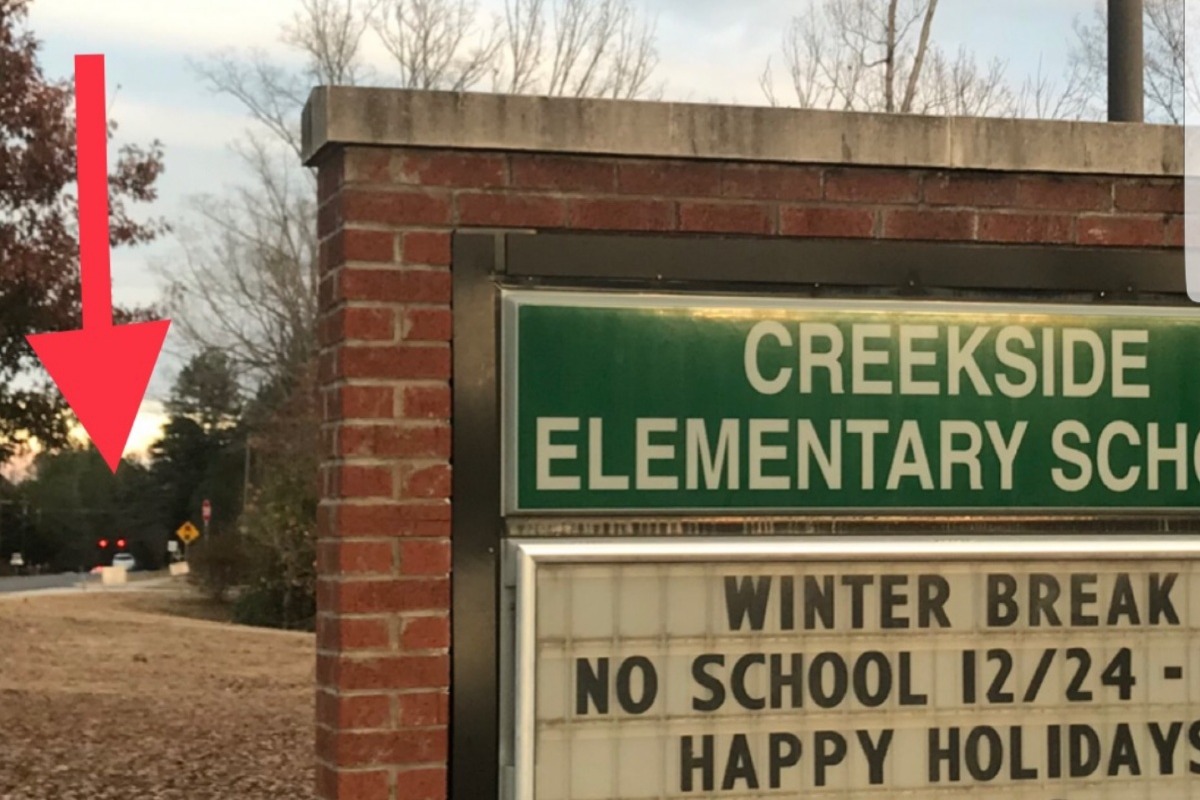


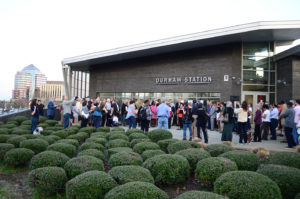
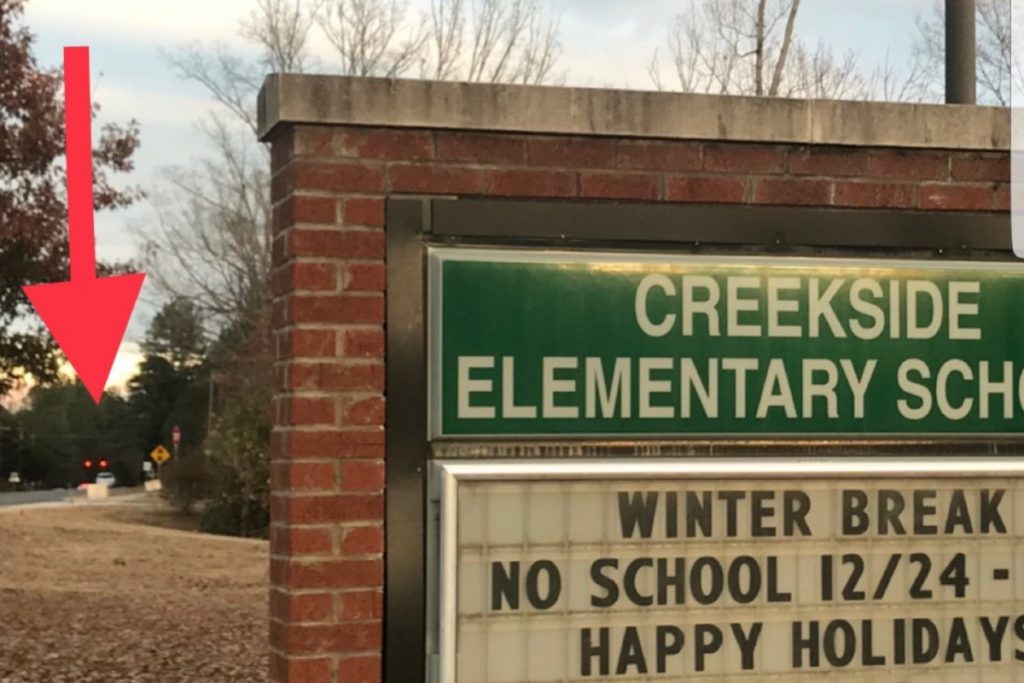


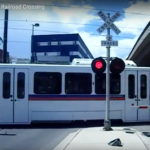
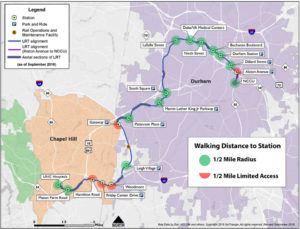
Follow Us